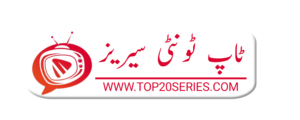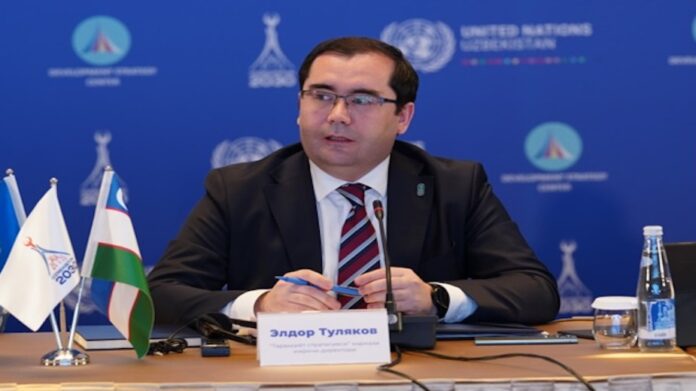Tashkint: Eldoor Tolikov, executive director of the Development Strategy Center, told the media, that the Uzbek State Draft State Program for 2025 has emerged as a collective move, identifying transparency and commitment to joining, in which transparency and commitment to joining. Identified.
Tolikov emphasized that the program was not a fully official move, but was rich in dialogue between both houses, political parties, labor unions, youth groups and local communities. Widely covered by the media ensures public engagement at every stage, which allows citizens to contribute to the nation’s future.
Public awareness campaigns played a key role in collecting feedback, which has close to 100 ideological and more than a thousand editorial suggestions by citizens and experts. Specifically, the consultation process has moved beyond the borders of Ozbakistan, with the input of the international community and Uzbek immigrants, the comprehensive and comprehensive nature of the program was strengthened.
One of the main focus of the state program is improving the quality of life through environmental stability and transition to the green economy. Key measures include planting trees in urban and residential areas, increasing transportation infrastructure with pedestrians and bicycle lanes, and adopting modern water protection techniques such as rainwater harvesting and waste water recycling. Is
In achieving renewable energy goals, Uzbekistan plans to set up a solar panel on 74,172 facilities, which will generate an additional 785 MW of electricity. The country will also develop a micro -hydropower plant with a total capacity of 225 MW, which aims to increase the share of renewable sources by 40 %.
On the economic front, the government aims to accelerate the production of export -based goods, attract foreign investment, and integrate local products into global markets. At least 6 % of the economic growth is expected in 2025, with industrial growth 6.1 %, market services 14.5 %, and agriculture 4.1 %. In addition, a targeted “firm” support system will help local businessmen access international markets.
Education and health care reforms create another pillar of the program. The government plans to enhance pre -school education, set up mobile learning centers in remote areas and promote digital learning tools.
Certified Uzbek language and literature teachers will get a 50 % salary increase, while 500 foreign experts will be recruited in schools. Healthcare, modernization efforts will include upgrading medical facilities, introducing central laboratories, and enforcing the digital row system in hospitals to enhance the performance of services.
To tackle poverty and promote employment, the government will set up vocational training centers, which will provide young people with the requirements of the industry. Investment projects will create new job opportunities, pushing economic flexibility.
Environmental stability has become a priority, which offers subsidies offered for energy efficient domestic equipment and the development of 100,000 hectares of green space in the region of the Aral Sea. In addition, 32 million fruits and jewelry trees will be planted in 9,452 palaces, as well as 388 million flowers and bush along with residential areas and roads.
Since Uzbekistan is moving forward with its expensive roadmap, officials hope that public participation is expected to ensure the success of the program. “These reforms are not about today. They are about to build a strong foundation for future generations.










